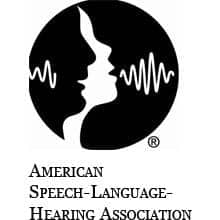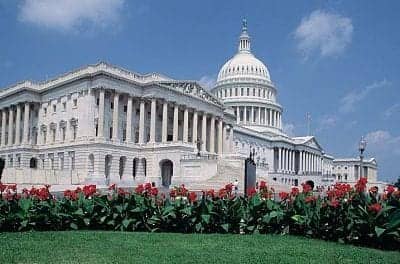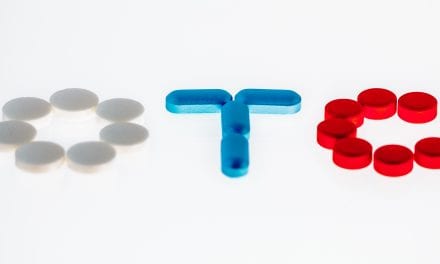According to a recent announcement from the American Speech-Language-Hearing Association (ASHA), the Early Hearing Detection and Intervention Act (S 2424), known as EHDI, will not receive a vote in the Senate before Congress adjourns at the end of this week. By all reports, ASHA and other stakeholders fought very hard for this legislation, but the Congressional calendar proved to be an obstacle.
The EHDI bill was before the Senate Health, Education, Labor and Pension Committee for the past 11 months without a hearing or mark-up. It reportedly failed due to the Senate’s desire to make last-minute changes to the House-passed version and disagreement on how and what they wanted to change in the bill. Even if the Senate had passed their own version of the reauthorization before leaving town, the House would have had to pass the same version for it to be sent to the President to sign into law. The Congressional calendar did not align with other timelines.
EHDI legislation—championed by Congressmen Brett Guthrie (R-KY) and Lois Capps (D-CA)—passed the House last year. Senators Rob Portman (R-OH) and Kristin Gillibrand (D-NY) introduced the bill in December 2015. It has been co-sponsored by a bipartisan group of Senators. The legislation reauthorizes programs aimed at ensuring newborn hearing screenings and follow-up services are available to those infants identified with hearing loss. The authorization expired in September 2015. ASHA held more than 200 meetings in the House and Senate on this legislation, launched several grassroots efforts, and had constant discussions with stakeholders, activists, and Congressional staffers. ASHA has issued a general message of thanks to its members that contacted their Members of Congress on this issue.

ASHA’s Federal and Political Advocacy team is already developing strategies to address the concerns raised, and are working with other stakeholders and Congressional staff to put the pieces in place for passage of the EHDI reauthorization next year.
EHDI grants were first authorized in the Newborn Infant Hearing Screening and Intervention Act of 1999, which was incorporated into the Consolidated Appropriations Act of 2000, and signed into law. That law provided federal funds for state grants to develop infant hearing screening and intervention programs. The following year, Congress reauthorized these grants through the Children’s Health Act of 2000 (PL 106-310), and included provisions related to early hearing screening and evaluation of all newborns, coordinated intervention, rehabilitation services, and research. In 2010, Congress passed the Early Hearing Detection and Intervention Act of 2010, which authorized these programs through 2015.
Although great strides have been made, significant work remains to be done to ensure that newborns with hearing loss receive timely and appropriate services. Continued federal funding is necessary to ensure that state EHDI programs become fully operational and successful, and that they properly link screening programs with diagnosis and early intervention.
Source: ASHA; Sam Hewitt, Director of Congressional Advocacy, ASHA ([email protected])
Image credits: ASHA; © Cvandyke | Dreamstime.com





